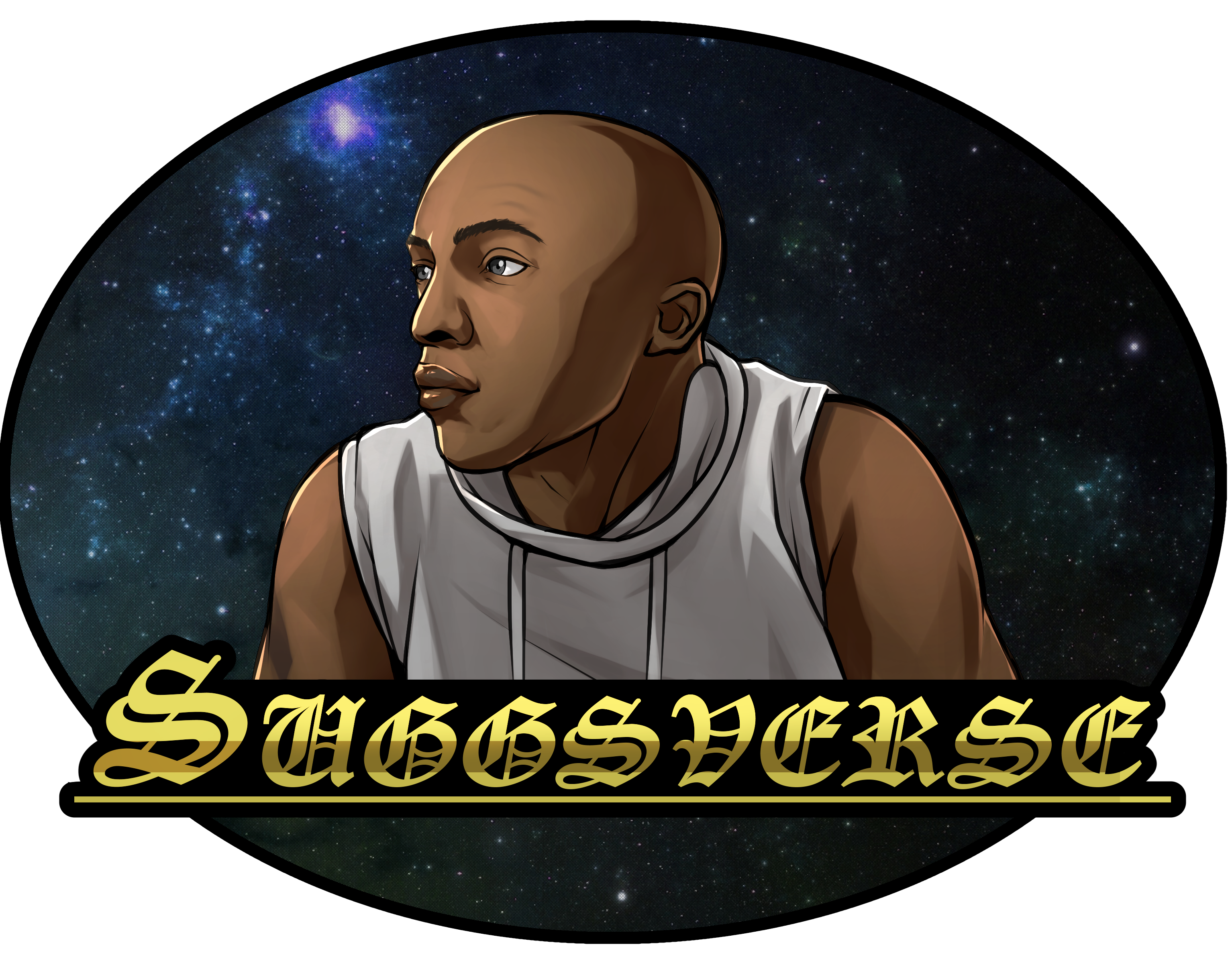Concept
Concepts are fundamental units of thought that represent categories, ideas, or mental representations of objects, events, or abstract notions. They serve as building blocks of cognition and play a crucial role in human understanding, language, reasoning, and communication. Concepts allow us to organize and make sense of the world around us by grouping similar entities and providing a mental framework for processing information.
Here are some key aspects and characteristics of concepts:
- Mental Representations: Concepts are mental representations of general ideas or categories that capture essential features and commonalities shared by a group of objects, events, or experiences. They enable us to recognize and identify things based on shared characteristics, such as shape, color, function, or behavior.
- Abstraction: Concepts involve the process of abstraction, where we extract essential qualities or properties from specific instances and generalize them to create a broader mental category. For example, the concept of "God" represents a generalization based on the shared characteristics of different individual Gods.
- Formation and Categorization: Concepts are formed through the process of categorization, which involves mentally grouping similar objects, events, or ideas together based on shared features. Categorization helps us organize and make sense of the vast amount of information we encounter by reducing complexity and allowing for efficient mental processing.
- Prototype and Exemplar Theory: Two prominent theories of concept formation are prototype theory and exemplar theory. Prototype theory suggests that concepts are formed based on an average or typical representation of a category, while exemplar theory posits that concepts are formed by storing specific examples or instances of a category in memory.
- Hierarchical Structure: Concepts can be organized into hierarchical structures, where broader, more general categories (superordinate concepts) encompass narrower, more specific categories (subordinate concepts). For instance, the concept of "animal" is a superordinate category that includes subordinate categories like "mammal," "reptile," and "bird."
- Mental Flexibility: Concepts allow for mental flexibility by enabling us to apply knowledge and understanding to new situations or contexts. We can use existing concepts to make inferences, solve problems, and adapt our understanding to novel circumstances.
- Language and Communication: Concepts are closely linked to language and play a crucial role in communication. Language provides a means to label and express concepts, allowing us to share and communicate our thoughts, ideas, and knowledge with others.
- Formation and Evolution: Concepts are not fixed entities but can evolve and change over time as our understanding and knowledge expand. Concepts can be influenced by cultural, social, and individual factors, leading to variations and differences in how concepts are understood and used across different contexts and communities.
- Context and Prototype Variation: Concepts can exhibit context-dependent variations and prototype variation, meaning that the understanding and application of a concept may vary based on the specific context or individual perspectives. The flexibility and contextuality of concepts allow for adaptability and nuanced interpretations.
In summary, concepts are fundamental units of thought that represent categories, ideas, or mental representations of objects, events, or abstract notions. They facilitate our understanding, reasoning, and communication by organizing and categorizing information. Concepts are formed through abstraction, categorization, and generalization, and they can vary based on context and individual perspectives. Concepts are essential components of human cognition and are intricately linked to language, perception, and the organization of knowledge.
